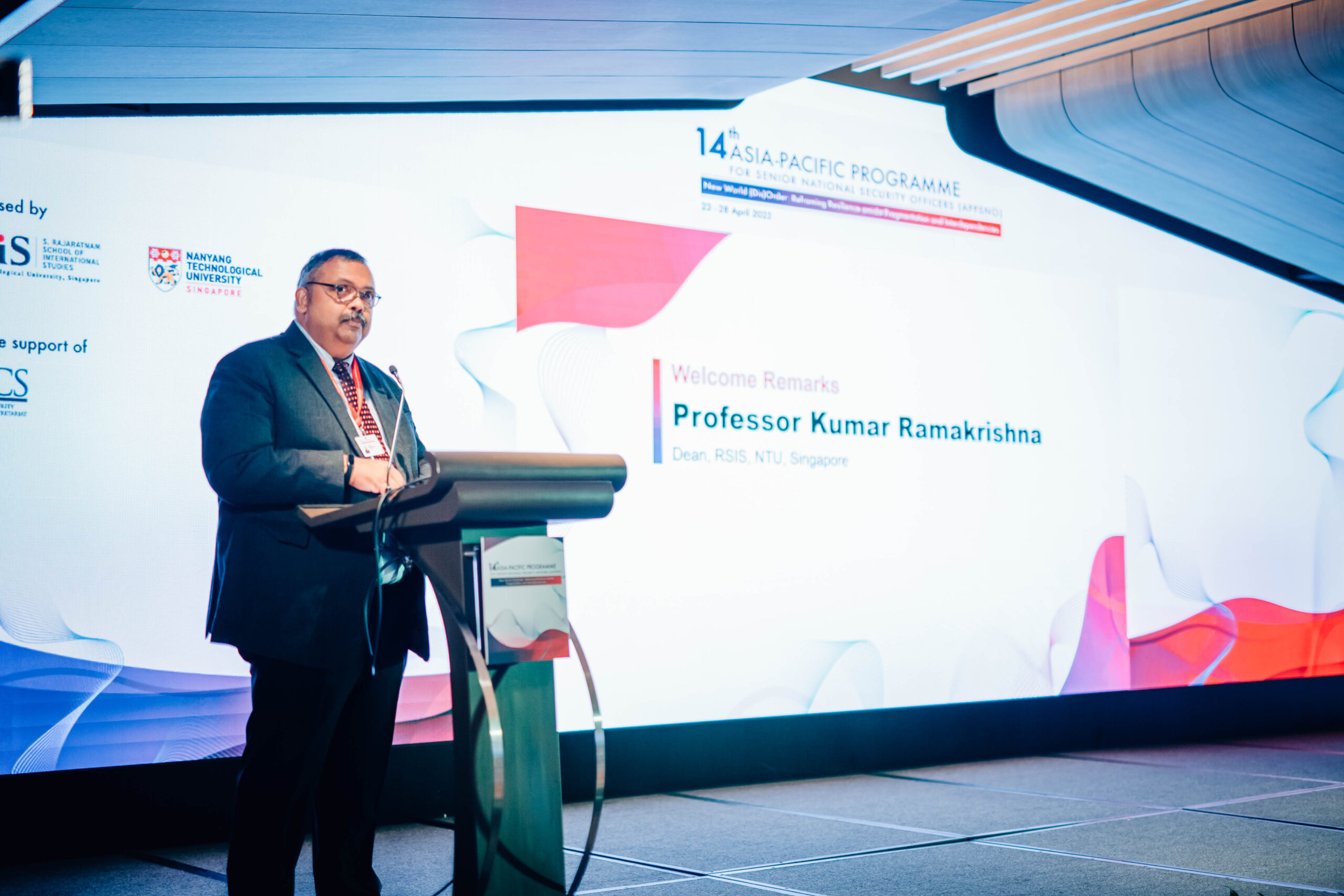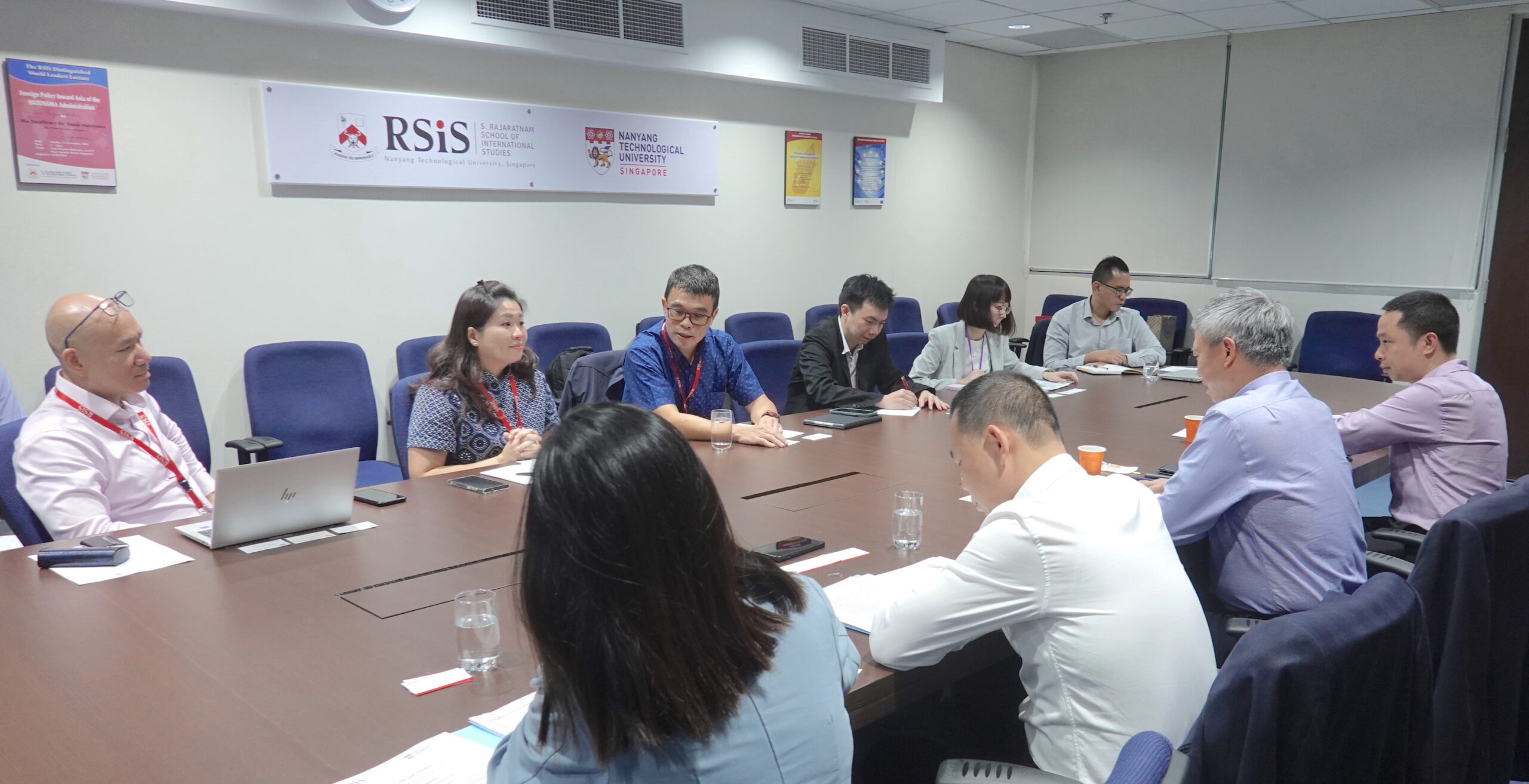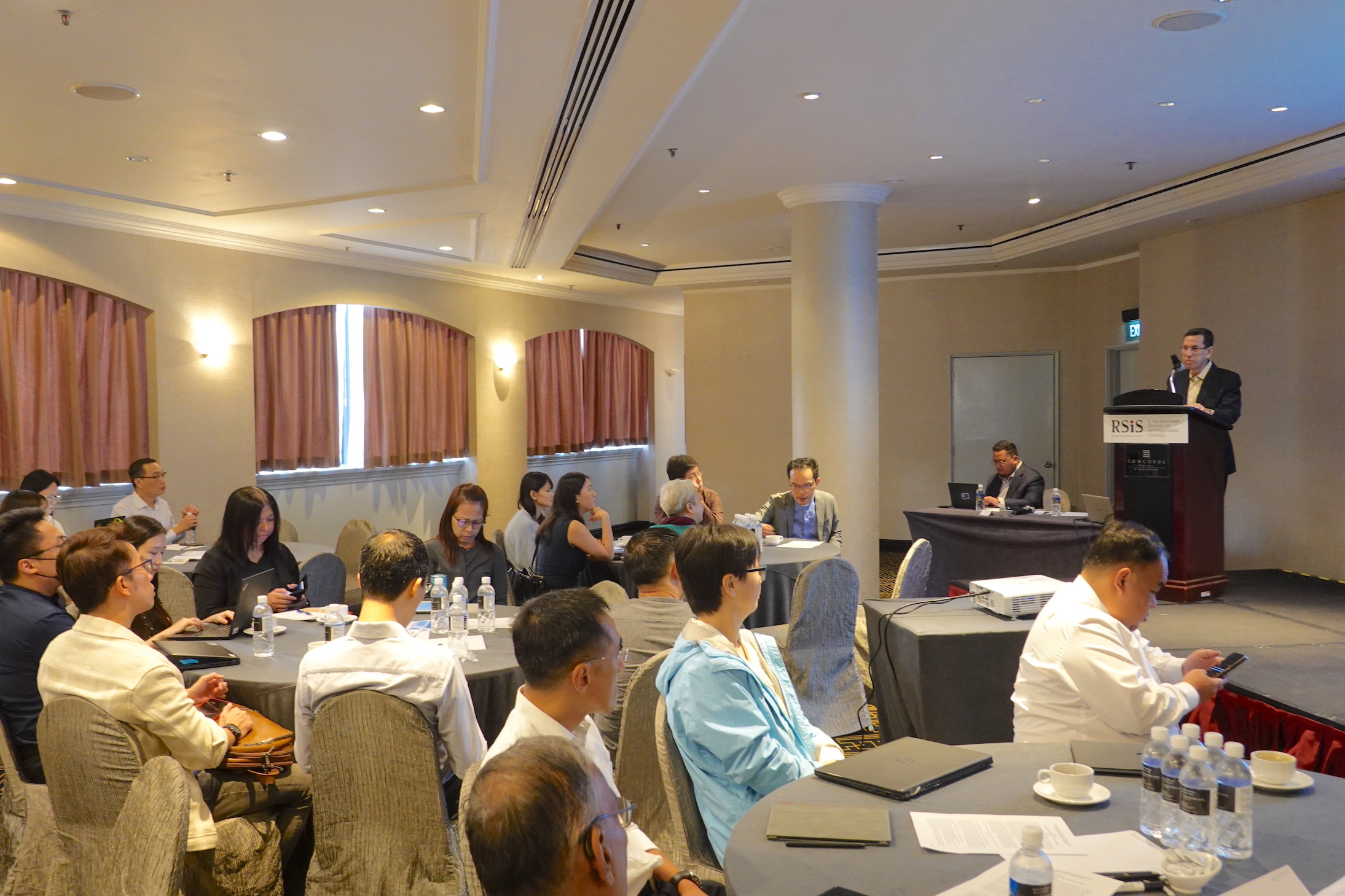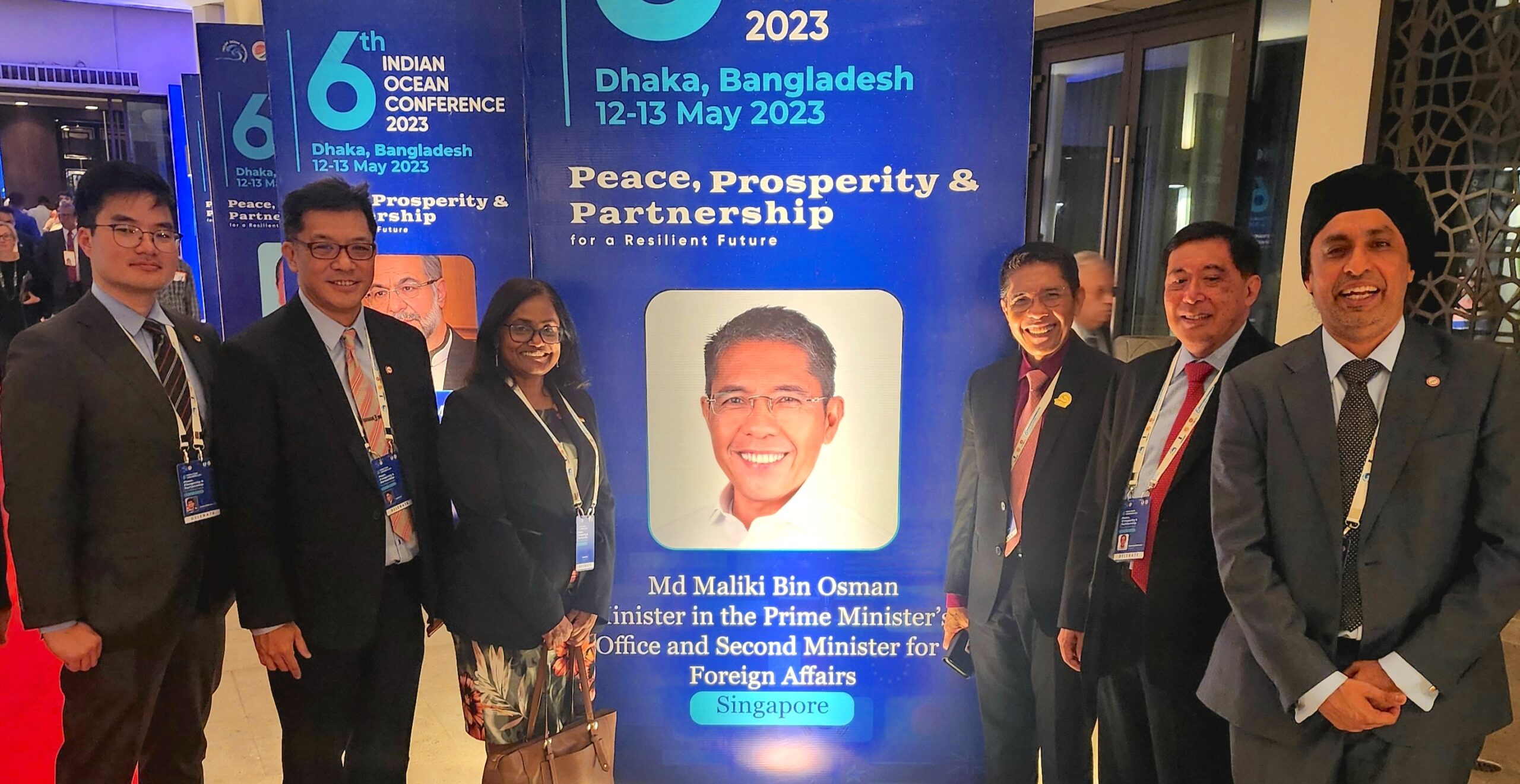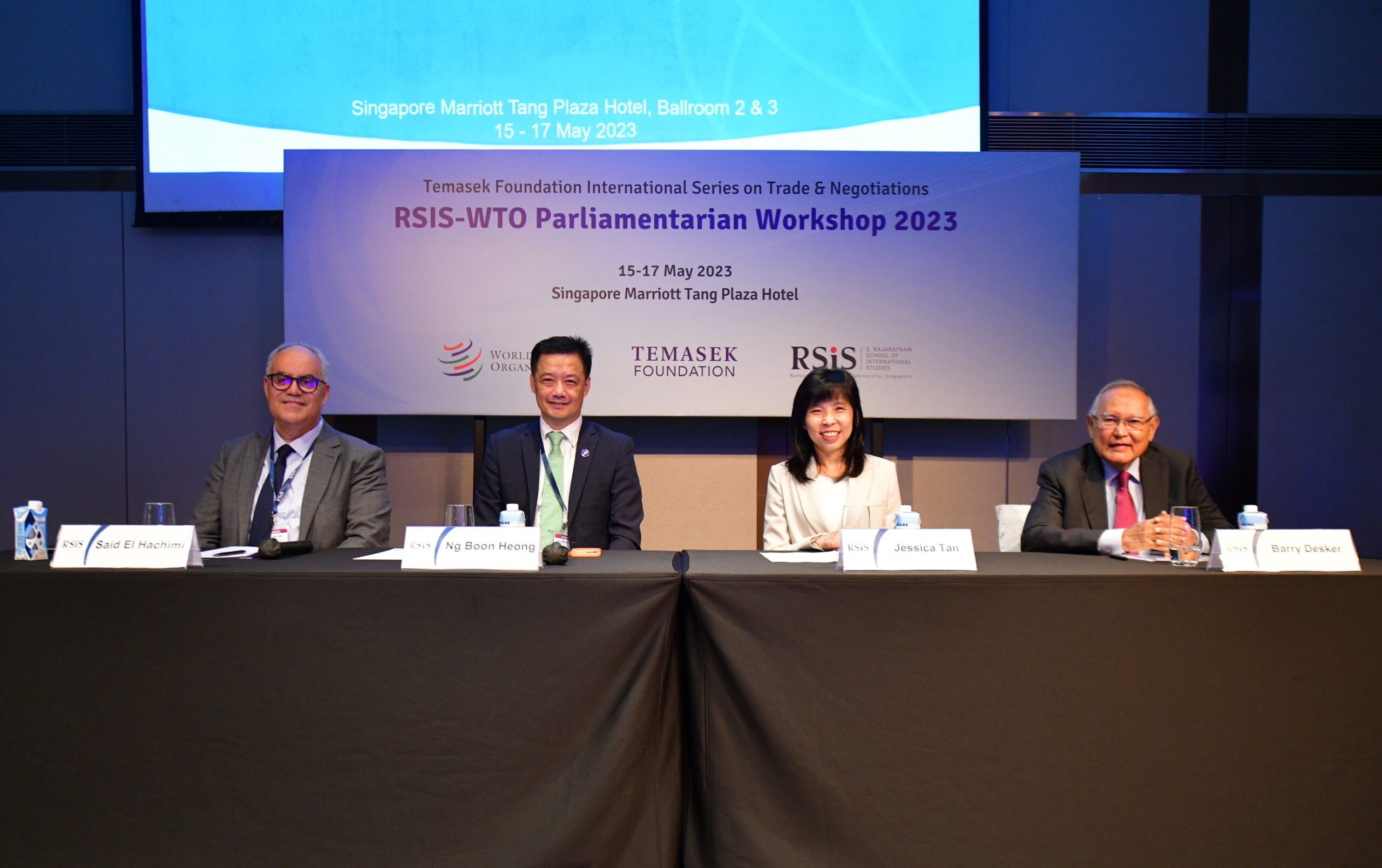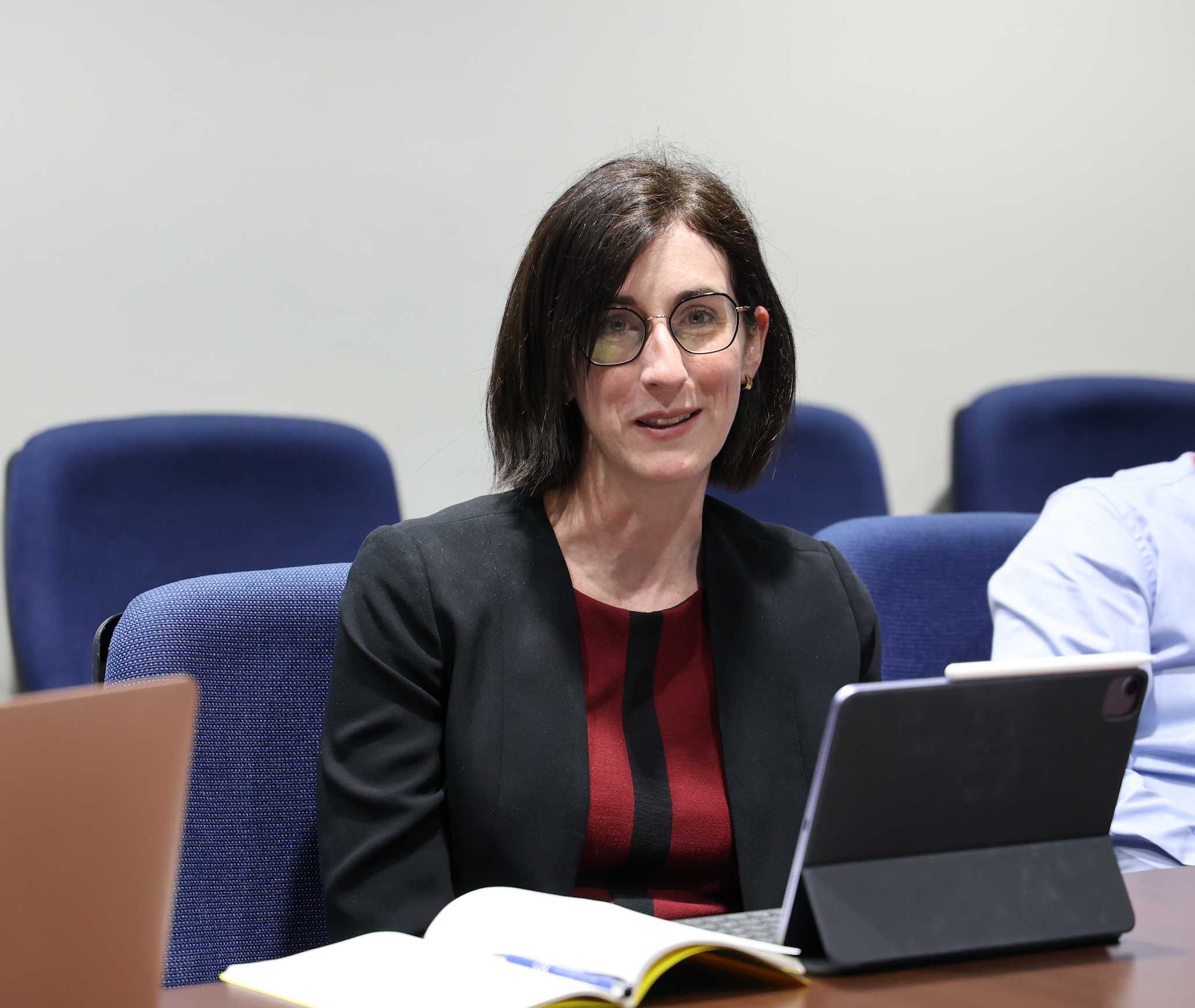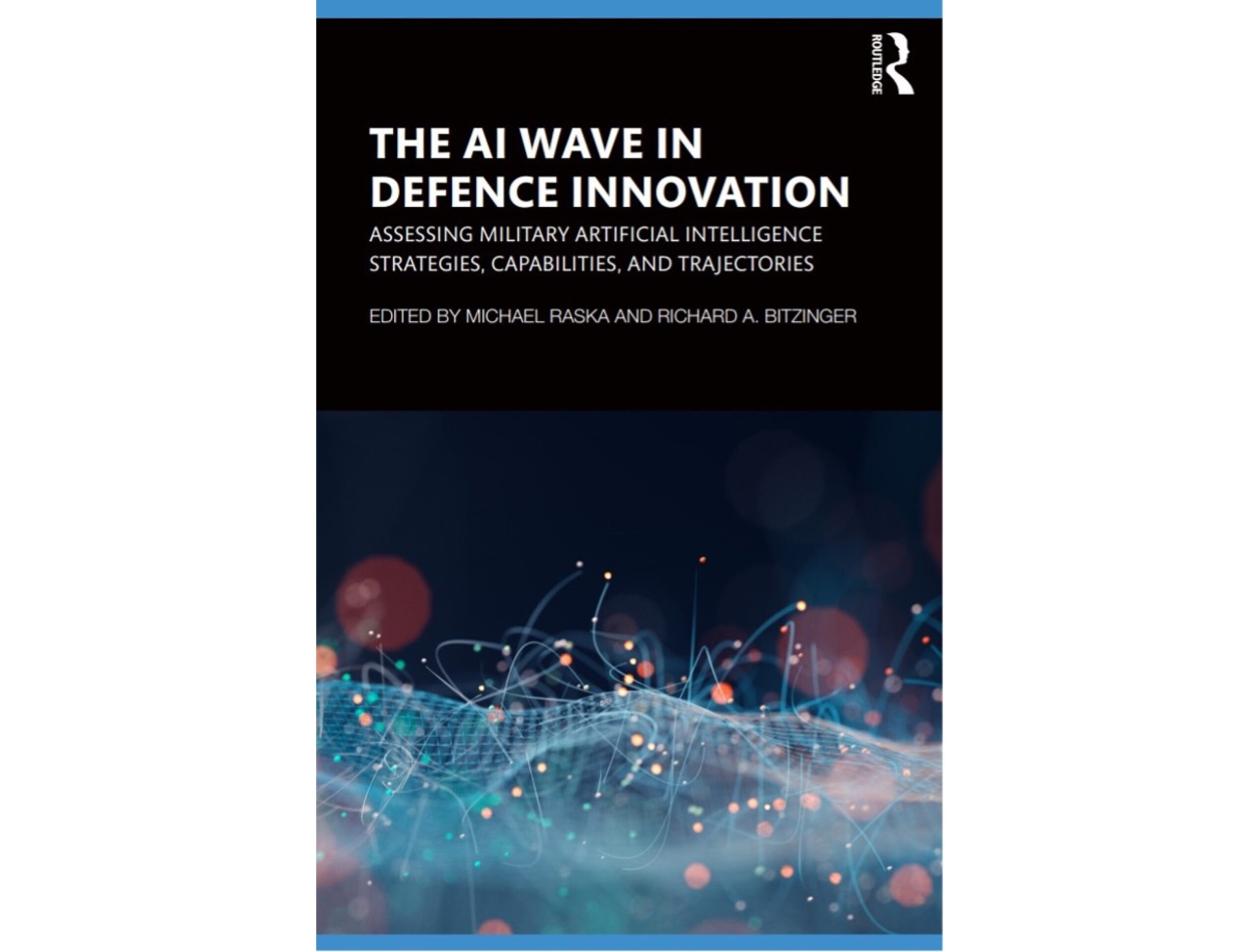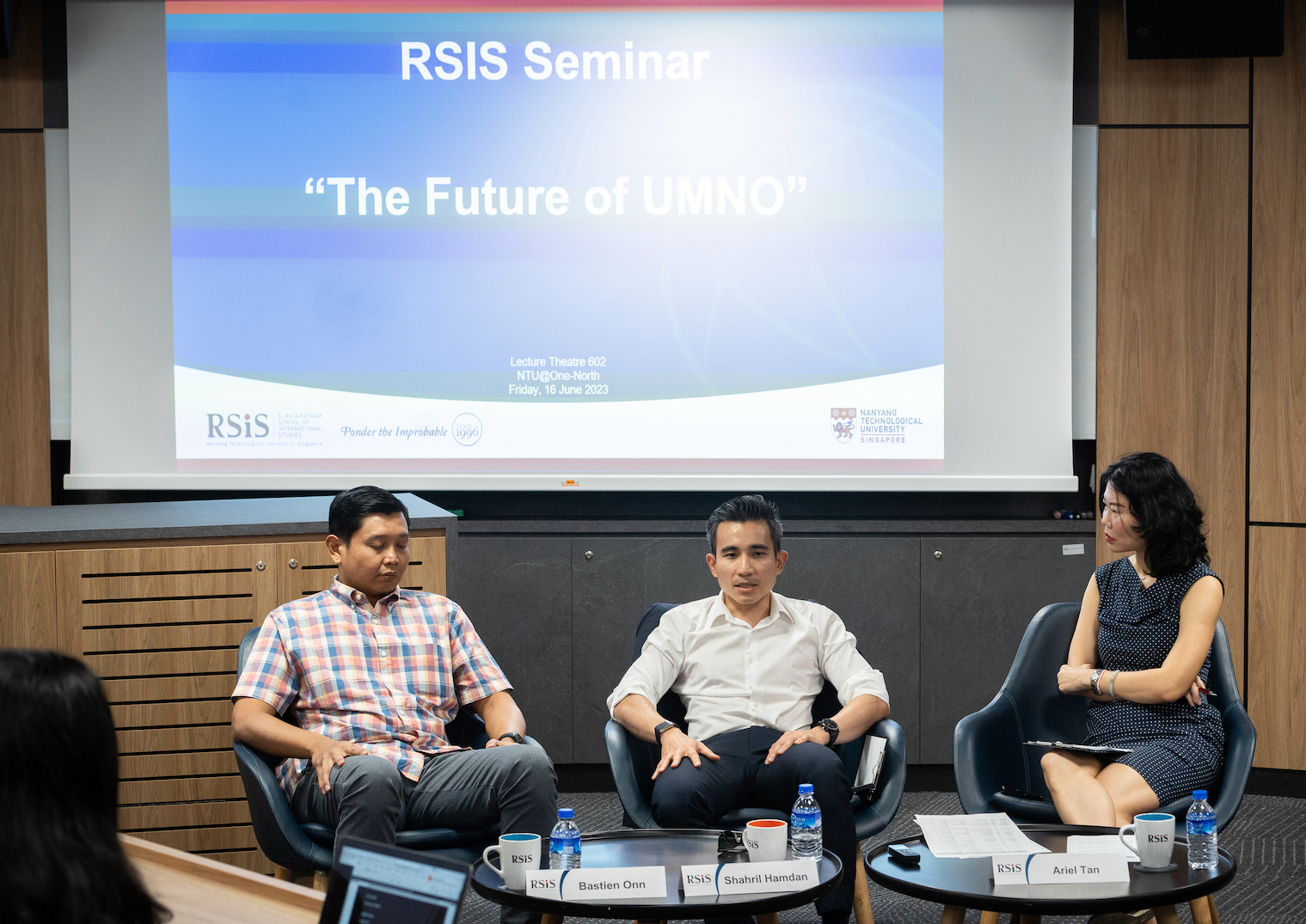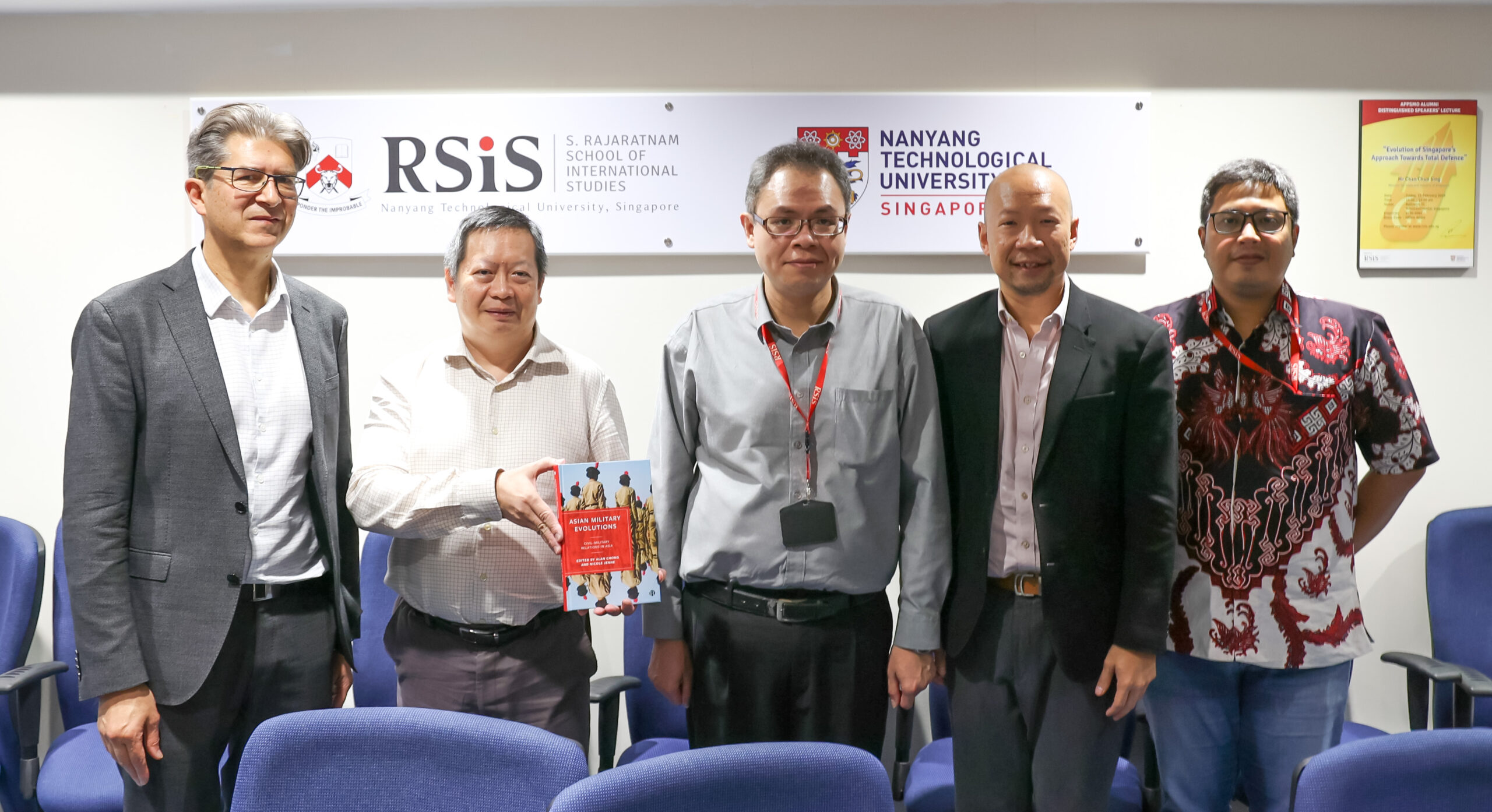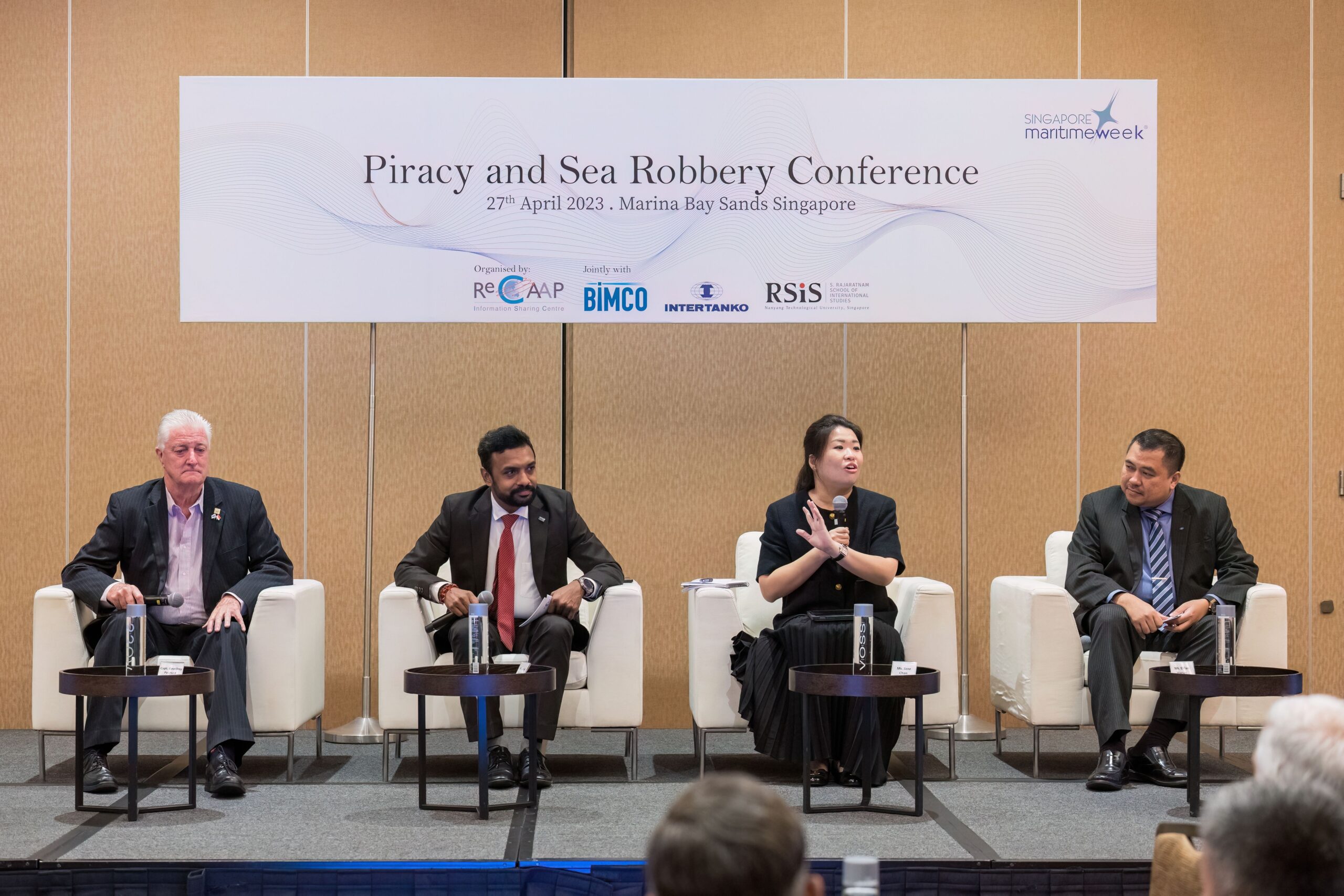
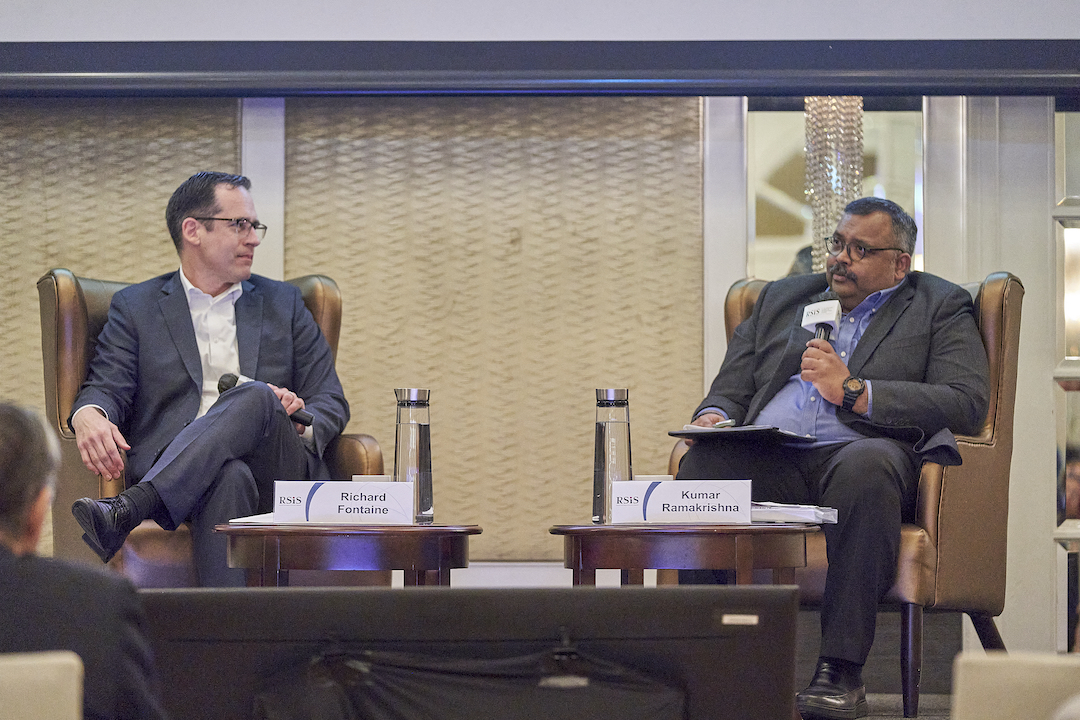
On 19 May 2023, Mr Richard Fontaine, Chief Executive Officer of the Centre for a New American Security, spoke at the RSIS Distinguished Public Lecture titled “The United States in the Indo-Pacific: Pivoting or Pretending?”
Mr Fontaine pointed out that the notion of making Asia the primary region for US attention has persisted since the Obama administration. The baseline for US military, diplomatic and trade engagement in Asia is low, especially since President Trump withdrew from the Trans-Pacific Partnership (TPP). However, President Biden himself has identified China as the US’ foremost policy challenge. As events such as the US-ASEAN Special Summit in March 2022 and the pursuit of the Indo-Pacific Economic Framework for Prosperity (IPEF) continue amid US engagement with Europe over the Russian invasion of Ukraine, Mr Fontaine argues that the pivot to Asia is real this time.
In assessing the pivot, Mr Fontaine cautioned against directly comparing US commitments between specific regions, especially considering the US$150 million pledged to Southeast Asian countries versus the US$50 billion pledged to Ukraine. Not only was it “comparing apples to oranges” due to the nature of the aid, but he noted that stabilising Ukraine allows Washington to engage Asia more securely.
However, Mr Fontaine noted that US policy towards China lacks an objective or a specific endgame. While the Biden administration has gotten close to defining one, the US might waste resources or keep its allies in suspense unless an objective is clearly articulated. He suggested that the US should preserve the pillars of the current international order and make Beijing more invested in it as a long-term objective. In the medium term, the US should improve its military posture in the Indo-Pacific, build new technological partnerships to ensure its data standards are adopted overseas, and pursue an ambitious trade partnership to replace the TPP.
Watch the Distinguished Public Lecture here:




